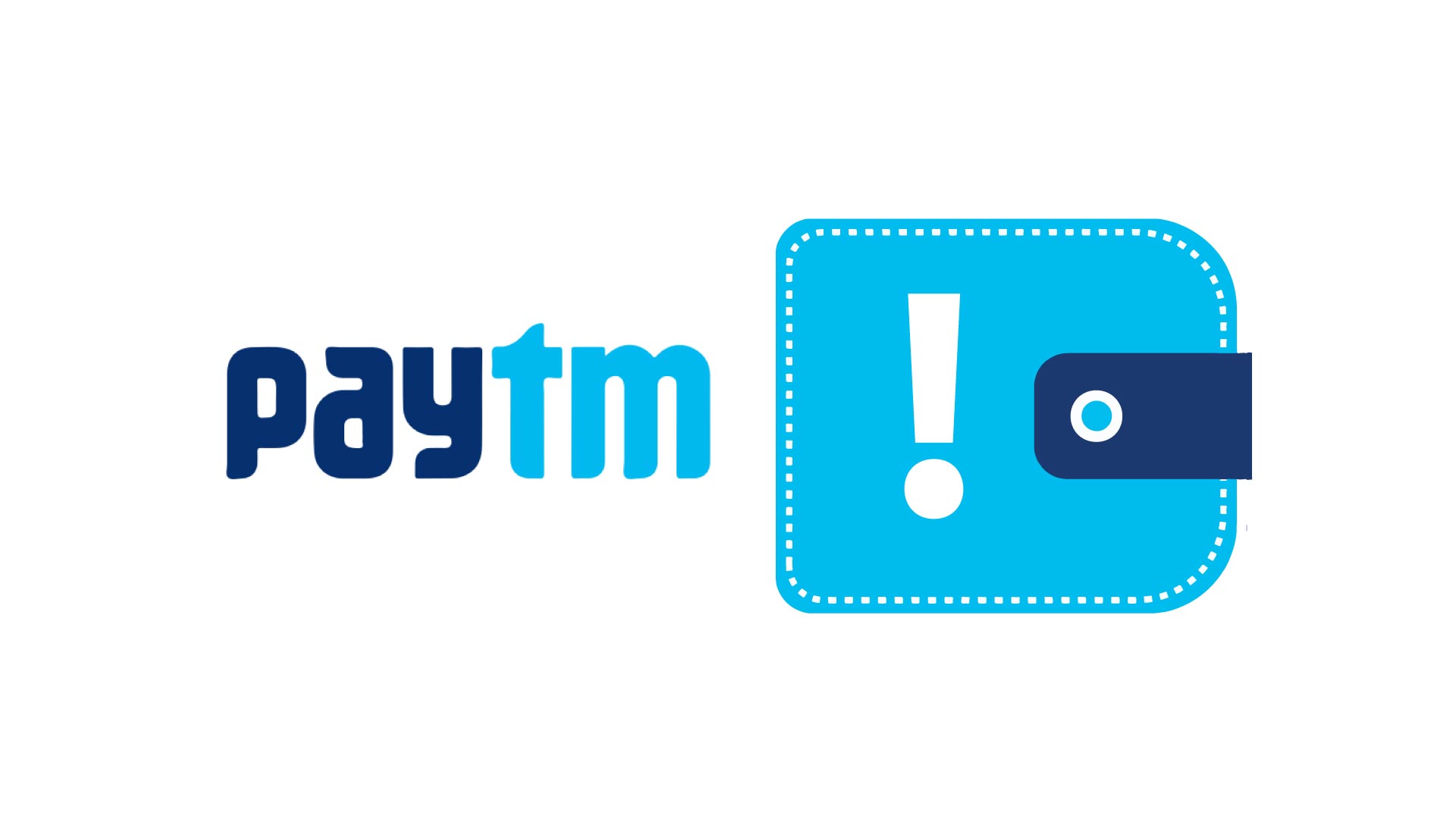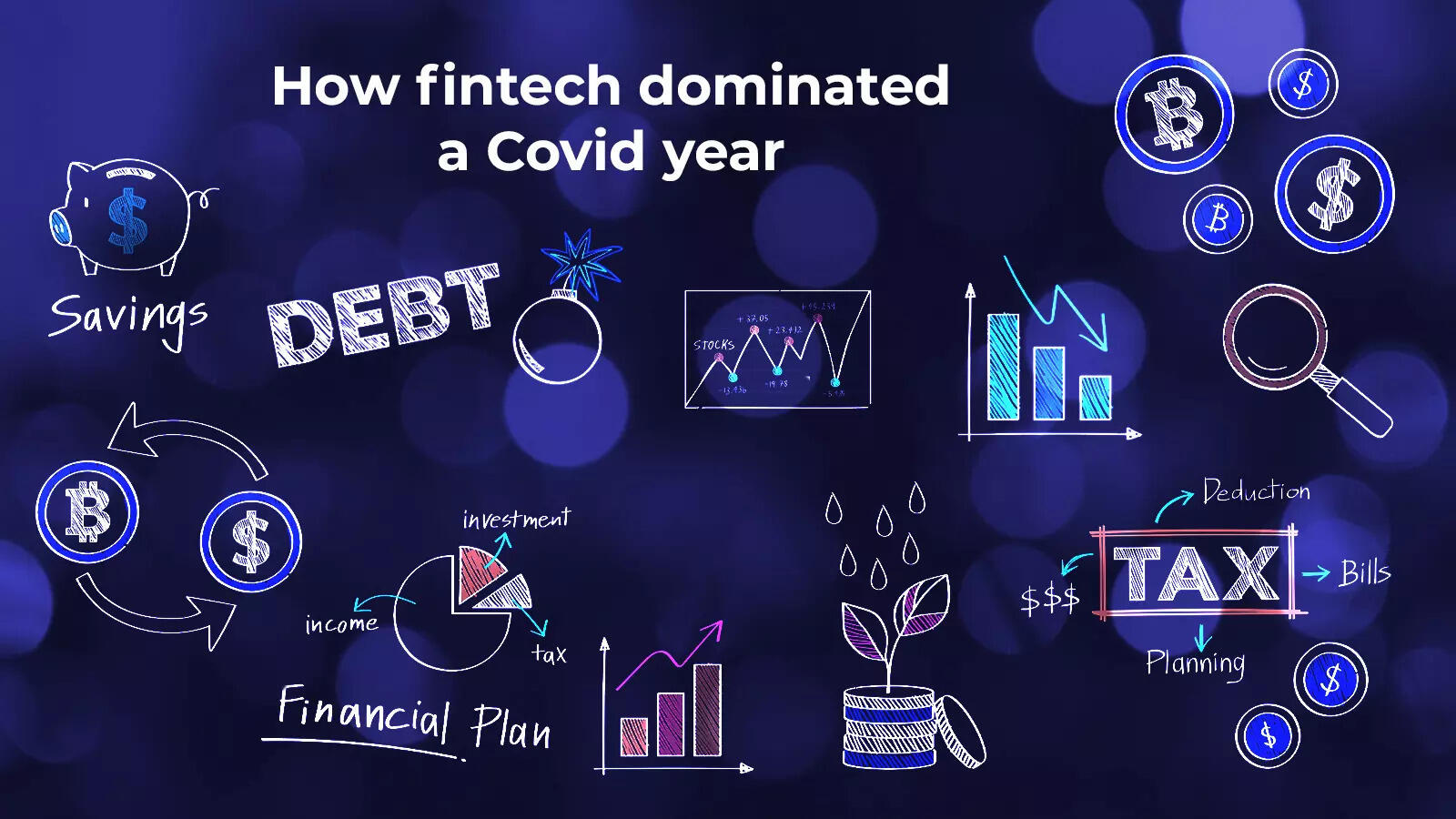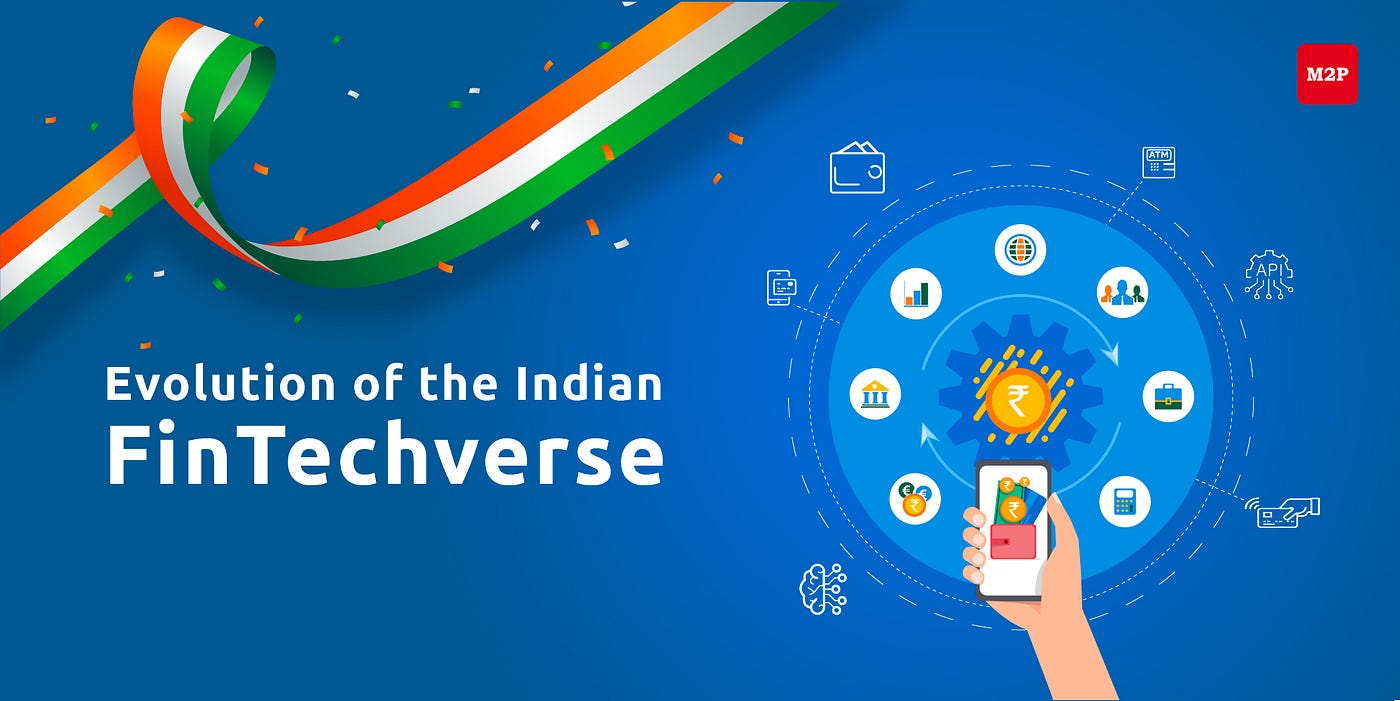
Top 10 Best Fintech Companies In India 2022
FinTech companies are technological alternatives to traditional financial companies’ back-end systems of the 21st century. Many industries and sectors are included in FinTech, including education, retail banking, non-profit fundraising, investment administration, and others.
Software and algorithms are used in FinTech to manage financial processes and operations. Despite FinTech’s growth in several sectors, much of the industry still focuses on the traditional global banking industry. FinTech has also become involved in developing and using cryptocurrencies like Bitcoin, and in India, this has become a significant revolution.
Introduction
A fintech company develops technologies designed to improve and automate financial services. Businesses, individuals, and governments can manage their financial affairs with the help of Fintech, which relies on specialized software and algorithms running on computers and increasingly on mobile devices. The term “FinTech” refers to a combination of “financial technology” with “technology”.
Fintech is the term financial institutions use to describe the technology powering their back-end systems in the early 21st century. Although consumer-oriented services have become more prevalent since then, the definition has also changed to reflect this trend. Fintech includes many other sectors besides education, retail banking, fundraising, non-profits, and investment management.
Bitcoin and other cryptocurrencies are also part of Fintech. More attention is focused on the fintech space, but the real money remains hidden in the multitrillion-dollar market capitalizations of global banks.
Top 10 FinTech Companies in India 2022
1. Fundacle – Fintech Platform

Fintech Platform – Fully Conceptualised and Made for world product, it aims to resolve the fundamental major gap of fundraising and investing that exists today, at global level. Being first in many aspects, it offers unprecedented opportunity to connect the Investors
and fund seekers such as businessmen, Innovators, Business sellers across the globe.
Fundacle is an ONLINE FINTECH PLATFORM, the best Investment and Funding Marketplace for everyone. It is like FACEBOOK, a meeting ground for everyone in the business fraternity, viz-‐ a-‐viz, Businessmen, Innovators, Business Sellers, Investors and Fundacle Agents (Intermediary).
With the introduction of Global Business Plan Account Number (BPAN) System, each business proposal is available for the investors or banks to view on just a click of a button.
It enables fund seekers and business sellers to showcase their business idea, detailed business proposal along with financials to a huge spectrum of investors who in turn have the luxury of choosing among the plethora of proposals that lie before them as per their interest and appetite.
Fundacle website along with Fundacle App (Live on Android and iOS) will be offered in 12 international languages and reach the remotest of regions making registration easy through the scratch code system.
To purchase Fundacle – Fintech Platform Country Level Joint Venture Click Here

2. Easiloan
Easiloan is India’s first Fintech player for home loans which manages the home loan process digitally end to end using its proprietary AI engine. Easiloan’ s technology platform is built for home buyers (seeking a home loan), real estate developers, and lenders thus bringing the demand and supply together.
Easiloan aims to make the ‘discovery to sanction’ journey transparent, real-time, and seamless for all stakeholders in the ecosystem. Easiloan achieves this through its technology and CRM that allows the entire customer journey to be completed on its platform itself. Its exclusive tie-ups with leading banks and financial institutions like HDFC, ICICI Bank, SBI, Bajaj Housing Finance, PNB, IIFL Home Finance, and others democratize loan options for the home buyer.
Headquartered in Mumbai, Easiloan has been on a hyper-growth trajectory in just 7 months of launch. So far, the company has raised INR 8 crore as seed funding from Tomorrow Capital and has processed thousands of home loan cases using its proprietary technology.

3. Razorpay
Companies can receive, process, and disburse payments through Razorpay, an Indian payment solution. With credit, debit, and net banking, you can pay with JioMoney, Mobikwik, Airtel Money, FreeCharge, Ola Money, and PayZapp. The organization was founded in 2013 by Ashank Kumar and Harshil Mathur. In addition to managing the marketplace, applications for working capital loans and handling money transactions, businesses can send and receive invoices with clients and regular commissions.
4. Instamojo
Instamojo was founded in September 2012 by Aditya Sengupta, Sampad Swain, and Akash Gehani. With Instamojo, you can collect fees, create free online stores, ship products, get loans, and more.
Instamojo, microentrepreneurs, startups, small and medium-sized businesses, and others can launch, market, run, and expand their businesses quickly and easily. We offer payments, free online stores, logistics, credit and finance, and more. Using Instagramojo’s customized business tools, companies can expand online.

5. Paytm
The Paytm company was founded by Vijay Shekhar Sharma and owned by One97 Communications. In addition to Uber, MakeMyTrip, BookMyShow, and Foodpanda, Paytm is connected to many other companies. AGH Holdings, Ant Financial, Discovery Capital, Berkshire Hathaway, SAIF Partners, and Berkshire Hathaway comprise Softbank. Paytm Insurance – Owned by One97 Communications Ltd (OCL), an IRDAI-licensed insurance agency.

6. Groww
Founded in 2017, Groww is a direct mutual fund distribution platform of four former Flipkart employees, Lalit Keshre, Harsh Jain, Ishan Bansal, and Neeraj Singh. Groww launched stock trading in the first half of 2020 and quickly added digital gold, ETFs, intraday trading, and IPOs to its product lineup.
By creating an overseas trading account with Groww, users can trade in US stocks without paying account opening or brokerage fees. In just three months after its debut, Groww has established over 1 lakh Demat accounts, recording a monthly growth of more than 1.5 lakh new SIPs.
The CCI has approved Groww’s bid to purchase Indiabulls Housing’s mutual fund shortly after the company achieved Unicorn status in April 2021.

7. Shiksha Finance
Siksha Finance is India’s leading education finance company. Parents’ school fees will be funded by this institution, reducing school dropout rates. About Rs 10,000 to Rs 30,050 must be returned within six to ten months. Student loans can be used for other purposes besides paying for school tuition, books, uniforms, shoes, luggage, etc. The education institutions can also use the loans for building construction, property acquisition, and working capital.

8. Policybazaar
PolicyBazaar was founded in June 2008 by Avaneesh Nirjar, Yashish Dahiya, and Alok Bansal. Policybazaar.com is India’s largest insurance aggregator and one of the world’s largest fintech companies. An online platform helps users find out more about insurance by offering a price comparison tool and an online knowledge base. Eventually, it turned into an insurance marketplace. Revenue is generated for the organization by advertising and promoting insurance providers on their websites.
 9. ePayLater
9. ePayLater
In addition to Akshat Saxena, Aurko Bhattacharya, and Uday Somayajula, ePayLater was founded by these three individuals. ePayLater, a digital payment solution by Arthashastra Fintech, offers regular online purchasers a 14-day interest-free credit limit. EPayLater has partnered with various companies, including IRCTC, PVR, MakeMyTrip, Yatra, EaseMyTrip, Tata Croma, and Travelyaari. The service does not require any collateral or hidden fees. Reduced inventory time helps businesses generate more sales while delivering services to clients.

10. PineLabs
Malaysia has been able to purchase Pine Labs’ entire product line since 2017. Established in 1998 by Lokvir Kapoor, Rajul Garg, and Tarun Upaday, the company is headquartered in Bangalore, India.
A network of companies now provides:
- Multiple payment options.
- Risk assessments.
- Multi-channel analytics.
- Leasing and insurance.
- Brand offers.
- Cashbacks.
- Automated billing for retailers.
Over 100,000 merchants in India and many other Asian countries use Pine Labs’ technology. In India alone, the company’s cloud-based technology powers more than 350,000 PoS terminals in over 3,700 cities.
India is leading a Fintech revolution, but why?

The Fin-tech segment represents one of the fastest-growing technology segments in India, offering loan applications, payments, stock trading, and credit scoring. India has the highest fintech adoption rate globally (87%) and is the most important country in terms of investments.
New Delhi, Hyderabad, Gurugram, and Bengaluru are India’s top fintech destinations. Mumbai and Bengaluru are the country’s two biggest fintech hubs, contributing 42% to the country’s fintech market.
Banking is rapidly transforming as Fin-Tech companies digitize services and implement paperless and cashless processes. If you’re unfamiliar, Fin-Tech refers to digital innovations that improve and automate financial services delivery, and FinTech includes both financial technology and financial services.
India is increasing its use of FinTech.

India has become a hotbed of Fin-Tech due to its economy growing at one of the fastest rates in the world. The Indian government has already implemented various technologies, such as mobile banking, secure payment gateways, and mobile wallets.
Indians have increasingly adopted digital payment systems in the past two years, making essential financial services easier to access. Growing Internet access, smartphones, and faster internet speeds have contributed to the growth and expansion of the FinTech industry in India.
By 2025, the Indian Fin-Tech sector is expected to generate USD 150-160 billion in incremental value, according to Boston Consulting Group and FICCI. To reach its goal, India will need to invest $20-25 billion in the next few years to a report titled India FinTech: A USD 100 Billion Opportunity.
COVID-19 Impact Analysis:

The pandemic has benefited the fintech market. Fintech became a frontline of the country’s struggle for financial inclusion when the pandemic began. Electronic payments and loans spread rapidly, and Digital transactions increased by 40% during the lockdown.
To avoid public gatherings, people began using cashless and digital payment methods. As more people adopted life and health insurance, the InsurTech segment grew.
FinTech companies in India: A closer look
In India, payment services have traditionally been handled by banks. Technology has advanced quickly, and banks have gradually lost their monopoly in this area as technology advances.
India’s payments infrastructure has improved significantly over the past few years as a result of the implementation of innovative payment services and interfaces such as the Immediate Payment Service (IMPS), the Unified Payment Interface (UPI), the Bharat Interface for Money (BHIM), and others.
The government’s initiatives, such as Make in India and Digital India, helped boost Fintech companies’ uptake. In addition to promoting a cashless society by increasing electronic payments, the Reserve Bank of India (RBI) has also done a commendable job.
Further, the implementation of the GST and demonetization initiatives by the government provided ample opportunity for the development of fintech companies. Chaos and frenzy in the general public followed the demonetization process.
However, the FinTech revolution was accelerated by shifting the economy from electronic to digital. This accelerated digitalization across numerous categories could be attributed to the COVID-19 pandemic, which encouraged contactless and cashless payments to discourage social interaction.
Over the past year, 10-15 million Indians have joined the digital revolution, and digital payment methods have become the norm. A combination of demonetization and the Covid-19 pandemic was responsible for this shift. In India, over 67 per cent of the 2100 FinTech companies were started within the last five years, according to the report.
India’s FinTech market is undeniably led by digital payment platforms like PayTM, PhonePe, MobiKwik, etc. Facebook and Reliance Jio plan to use the joint forum to scale hyperlocal e-commerce in rural and remote regions and tier 2 and 3 cities. The collaborative platform is expected to transform India’s payment ecosystem.
Future in India
Even with India’s immense diversity and population, many countries have been left unbanked and underserved. In light of these factors, it will not be easy for the nation to overcome its financial challenges. Finance and banking in India will undergo fundamental shifts due to Fintech’s ability and power.
Several factors provide a favourable environment for a Fin-Tech revolution in China, including a thriving startup scene, a highly profitable market, many smartphones and a highly internet-connected population with a median age of 25. Furthermore, increasing awareness of financial technology has resulted in a welcome boost for the Indian FinTech industry.
As FinTech industry companies strengthen their partnerships with traditional financial institutions such as banks, insurance companies, and retailers in India, they will increasingly cater to changing customer needs, accelerating the FinTech footprint in the country.
Considering all the factors, Fin-Tech has enormous growth potential, where FinTech is poised to be widely embraced.
The Fintech revolution is transforming Indian banking.

Despite impressive growth, India’s Fin-tech industry has faced several challenges, such as limited financial literacy, diverse adoption, rapidly changing requirements, and data security risks.
In India, the financial sector says about fintech companies trying to become banks and banks trying to become fintech companies. The truth is that traditional players are not racing against non-traditional ones, but rather, customers are the ones who benefit!
In the financial services industry, each player strives to meet customer demand for inclusive financial services while at the same time providing faster, safer, and cheaper services.
To understand the impact of Fintech on banking, let us take a step back. In a fascinating fact, Fintech is a term coined in the 21st century to describe the process of existing financial institutions operating their back-end systems using technology.
Various industries are now part of the Fintech sector, including education, retail banking, non-profit fundraising, investment management, and many others. Indian banks are also transforming due to the impact of Fintech on the Indian banking industry. Indian banks have heavily invested in digital technologies to compete with new financial players.
For example, the government has provided social services, transferred money, and formalized banking institutions to encourage the revolution. It is becoming increasingly crucial for Indian banks to keep pace with its growing digital citizenry and develop new, innovative products, services, and business models that place them far in advance of the fintech community.
India’s fintech scene has remained confined mainly to tier 1 cities in the last few years. COVID-19 and digital penetration have impacted India’s smaller towns and cities, spurring fintech innovation.
Historically, financial services were available in India but at a slow pace. Stock purchases and sales required multiple telephone calls to a broker. It took numerous visits to the bank branches to get a loan approved. A physical copy of your bank statement must be requested if you wish to check it. Paying utility bills also required visiting physical branches dotted throughout a city.
Today, all of these services can be accessed through a single tap. Both the individuals involved and society as a whole benefit from the time saved and productive hours gained. The fintech ecosystem in India has allowed advances to occur – a dynamic and focused set of companies, both new and old, which have noticed customer pain points and offered elegant solutions.
India Fintech Funding
Indian Fintech companies attracted 330 million dollars in funding in the first quarter of 2020, overtaking Chinese Fintech companies who received 270 million dollars. According to the following numbers, there were 26 deals signed in China and 37 in India, respectively. Even though China remains the largest market, India has enormous growth potential.
Analyzing the Fintech funding breakdown is interesting. Several fintech companies exist in India, including payments, lending, insurance, personal finance management, and investment platforms. In India, 2000+ Fintech startups exist, with Payments being the most popular. Because we all need to pay bills, process invoices, and online process orders, regardless of our age, gender, or job.
Investing & Fintech
Investing has undergone exciting changes thanks to technology. Trade processing times have decreased, and trading has become much more convenient. With the advent of digital stock certificates, the marginal fraud associated with paper stock certificates has been eliminated.
Today, investors have access to detailed research reports that describe a stock’s past performance and present prospects. Investing in equities and mutual funds, derivatives and commodities can be done through brokerage firms under one umbrella.
The average investor can now buy and sell stocks without the help of a third party in seconds. Every trader can set their limits on how much risk they are willing to tolerate and the price point they want to liquidate their positions. Shortly put, Fintech makes investments more accessible to investors than ever before.
As time goes on, progress will not only continue but accelerate. Multiple Fintech companies now interact and offer users a more integrated experience.
Platform-to-platform communication is made possible by APIs.
Intro to API
Applications programming interfaces are referred to as APIs. They enable applications to communicate with each other, and API integrations drive a lot of the modern web.

APIs are used in the following three ways today:
-
- Weather: APIs provide the widgets seen in new browser tabs and on the home screen of smartphones. They display real-time weather data such as humidity, wind speed, and so on. Using weather datasets that are constantly updated, they do this behind the scenes.
- Opening an app in another app: Several work apps now let knowledge workers see documents and videos. APIs can also be used for this. It alleviates the need to open numerous applications to do one’s work.
- Becoming Visible On Bigger Platforms: Marketers and business owners can market and sell on websites powered by Facebook, Twitter, and Google. APIs are also important. Google’s API can be used by restaurant owners who want their location, opening hours, and menu to appear on Google Maps. A person’s business will appear on google maps if they have the appropriate filter selected.
Conclusion
Fintech in India will grow vertically and horizontally in the future, and increasing access to existing technologies is the means of horizontal growth. New financial technologies will emerge in the vertical development as people are given new tools to trade, invest, save, and restructure their finances.
India will be able to achieve financial maturity with both forms of growth, unlocking a lot of economic development along the way.
Article Proofread & Published by Gauri Malhotra.



